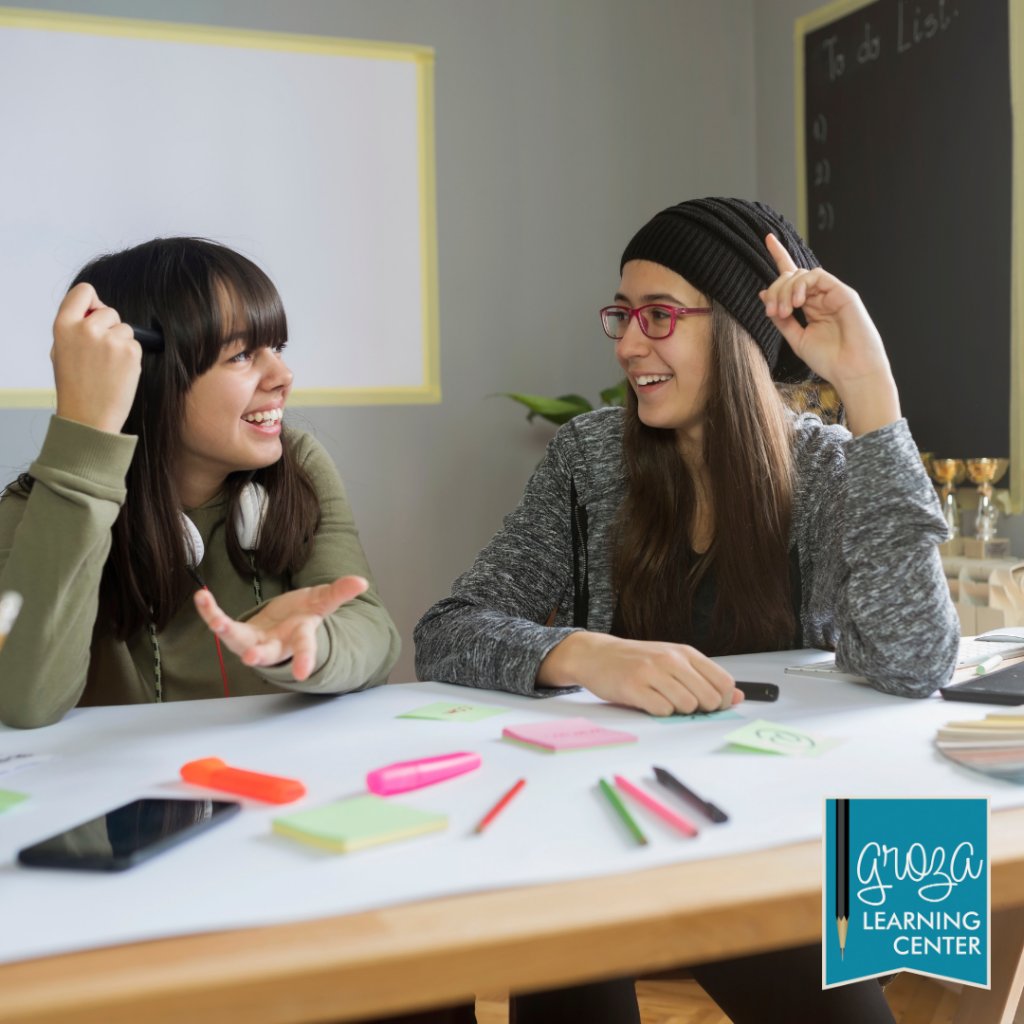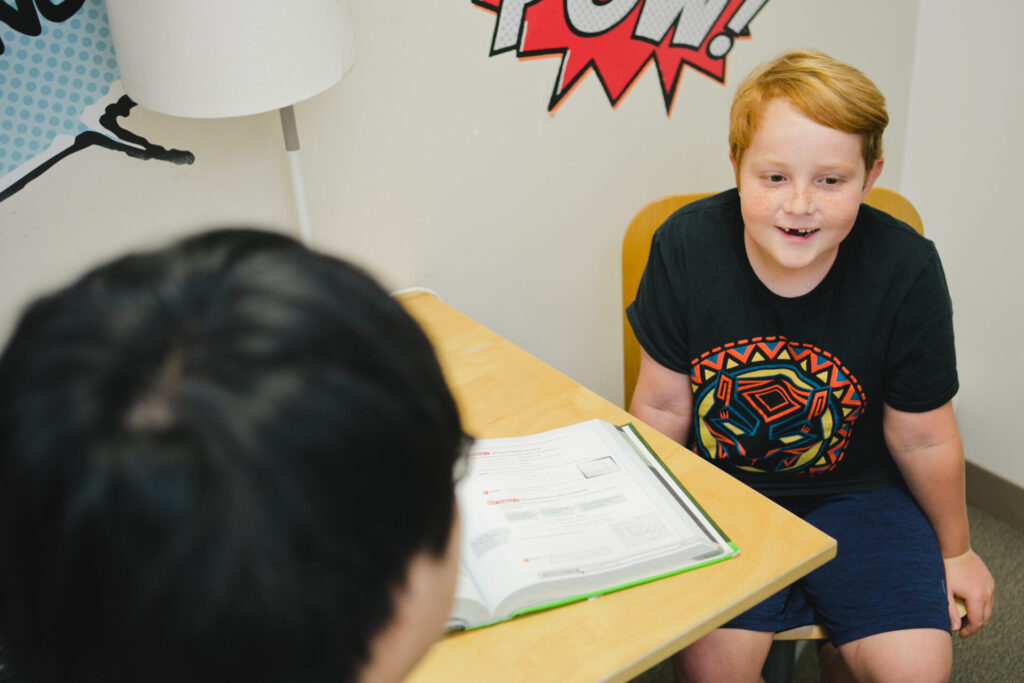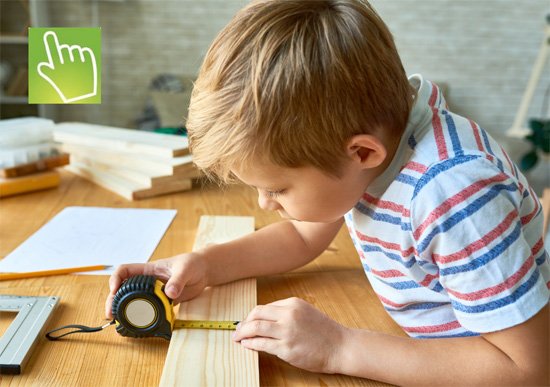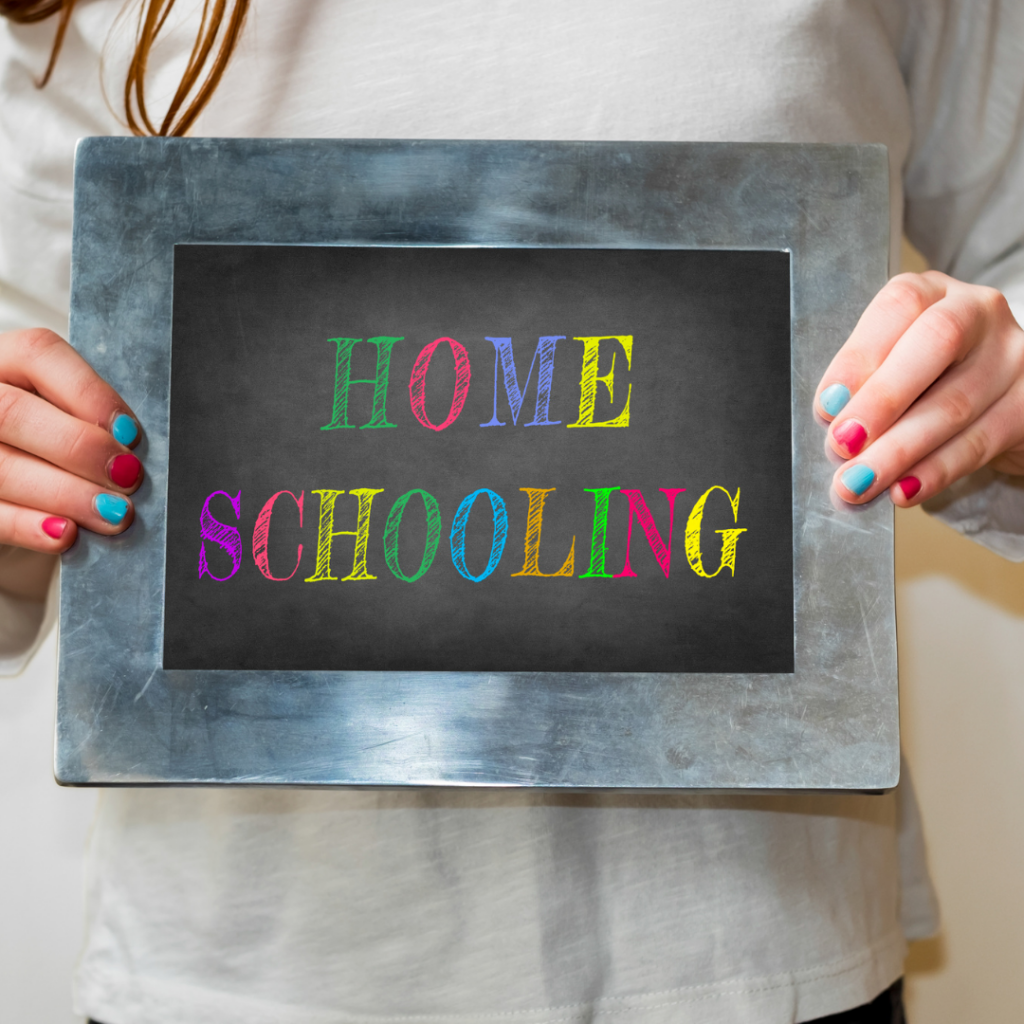
10 Ways to Prevent Summer Learning Loss
All students experience some form of summer learning loss during the vacation months when they may not participate in many educational opportunities. Furthermore, experts agree that this year’s learning loss…






